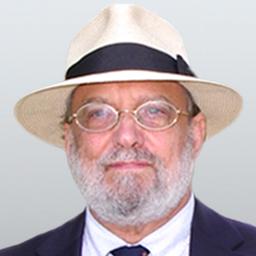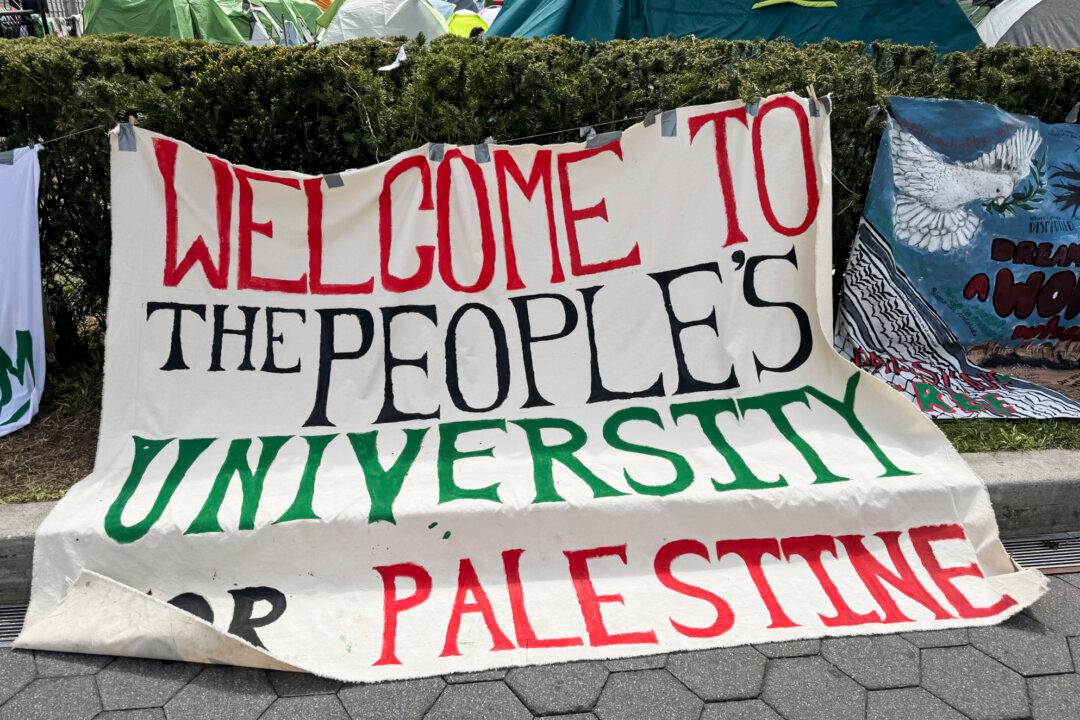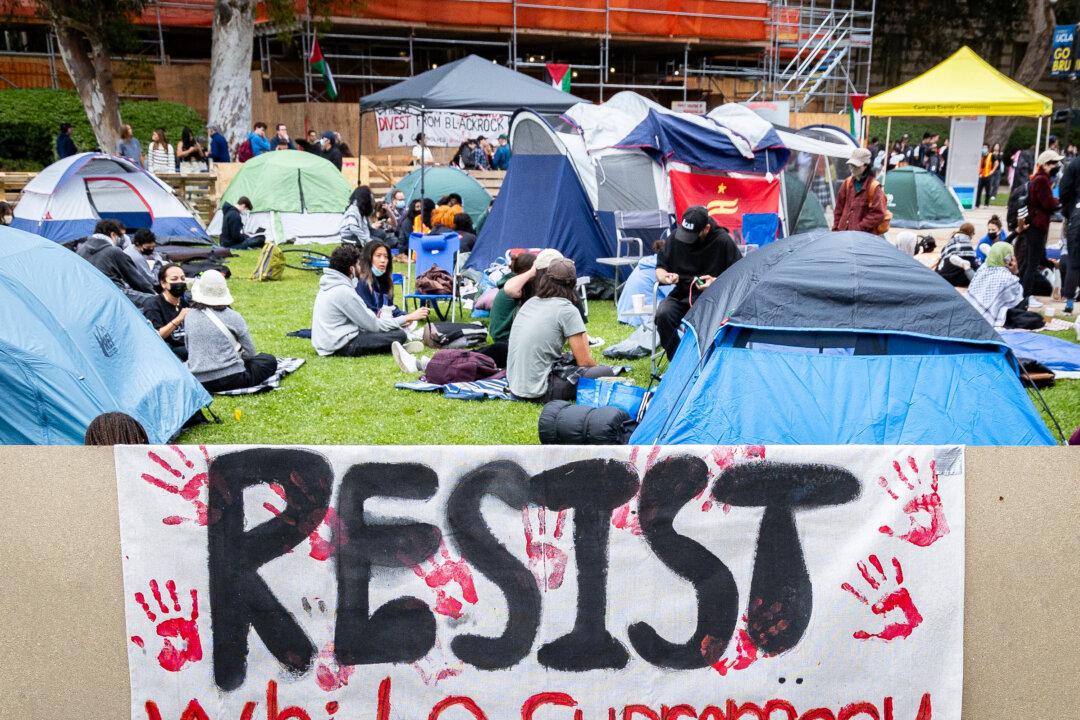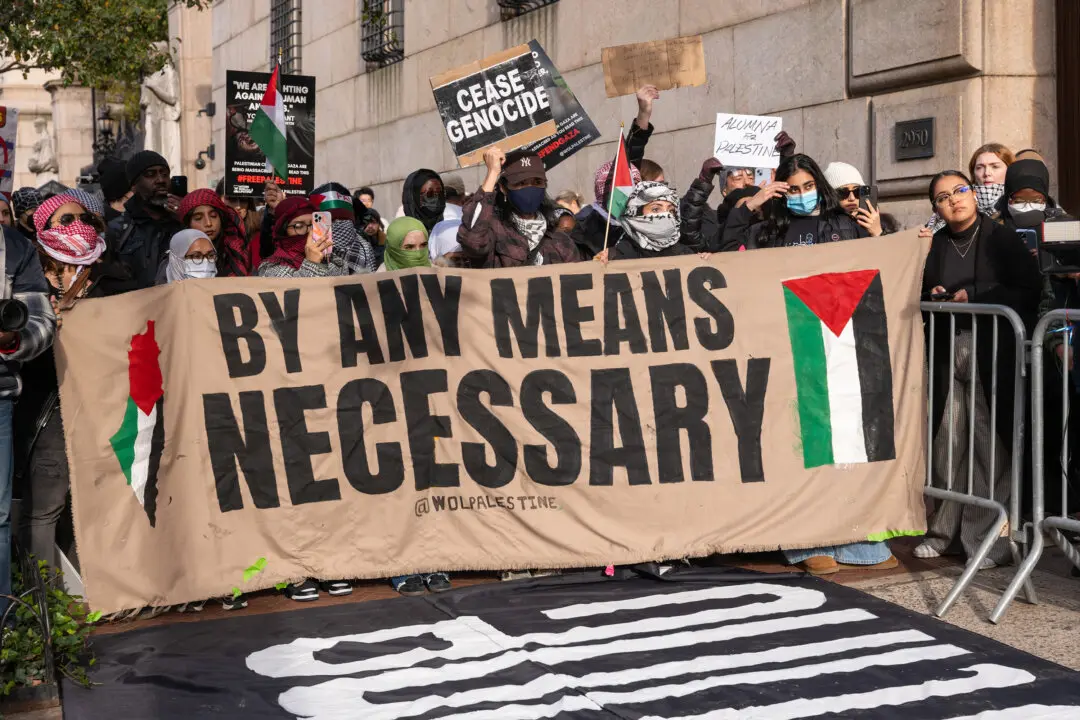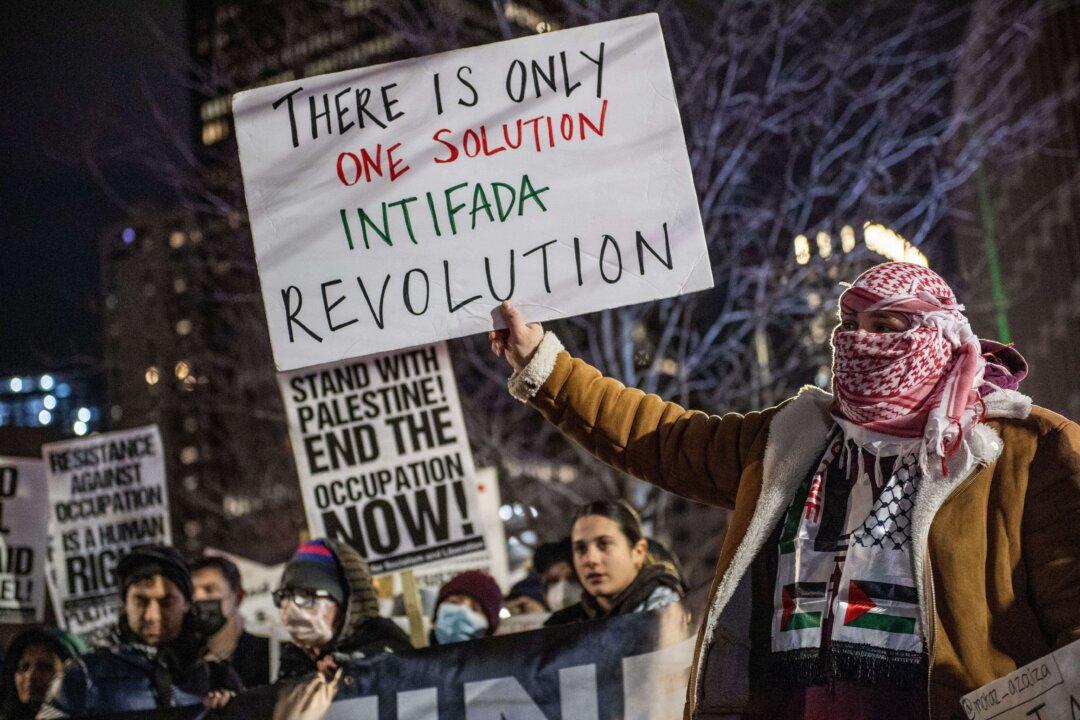Commentary
Humans are an imaginative species. Our minds are not limited to the bounds of reality or even lived experience. Rather, we can imagine all kinds of wonderful things that may not exist or may not exist for us as individuals. Science fiction is an exercise of our imaginations, as is alternative history.

